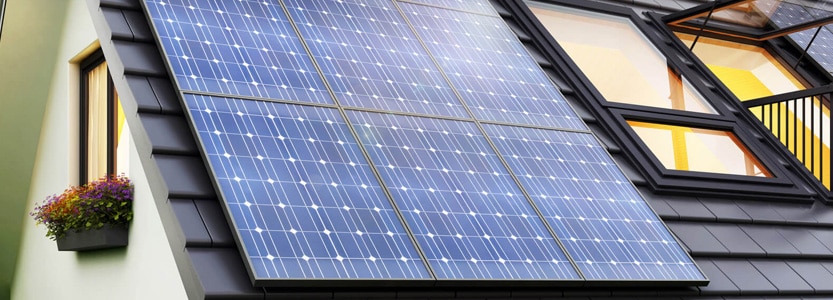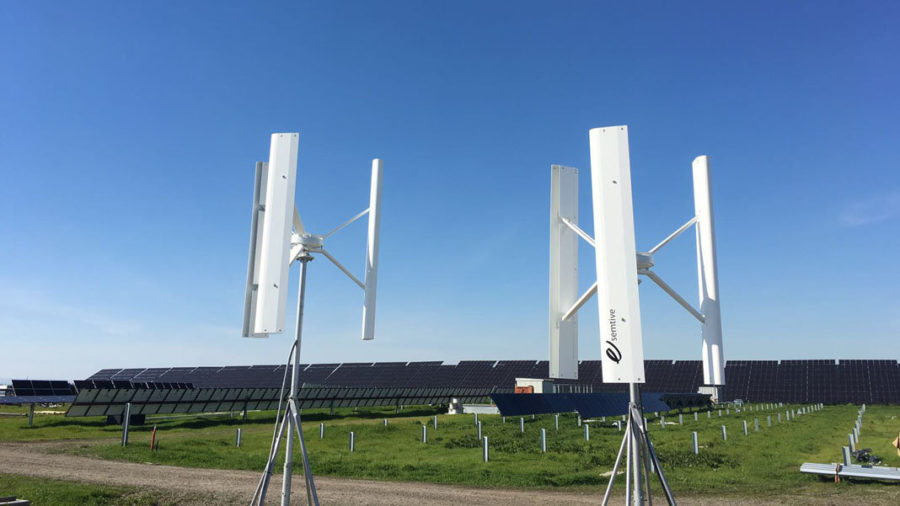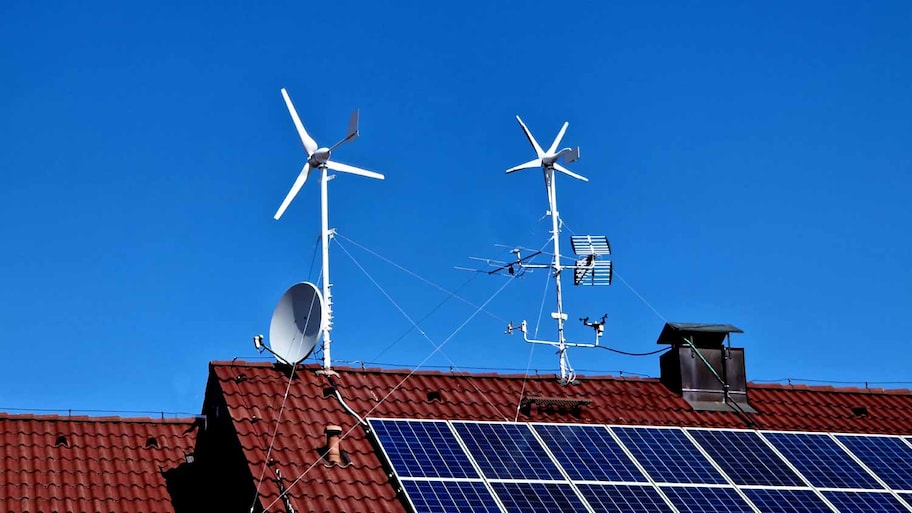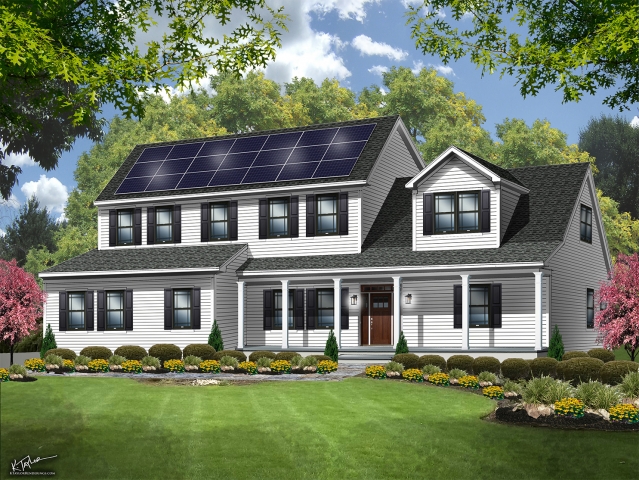
In an era where sustainability and energy independence are paramount, harnessing the power of the sun has become increasingly popular.
This comprehensive guide, 'Unleashing the Sun,' provides a practical and informative roadmap for homeowners seeking to implement solar power systems.
By outlining key steps such as evaluating solar potential, assessing finance options, and choosing the right solar panel system, this guide empowers individuals to make informed decisions and embrace the freedom of sustainable energy solutions.
Determine Energy Needs
To effectively implement solar power at home, it is essential to determine your energy needs through a comprehensive analysis of your household's electricity consumption. Calculating consumption and understanding usage patterns are crucial steps in this process.
Start by examining your electricity bills to determine your average monthly and annual usage. Look for trends and fluctuations in usage throughout the year. Consider the different appliances and devices in your home and their energy requirements.
This analysis will help you identify areas where you can reduce energy consumption and make informed decisions about the size and capacity of your solar power system. By understanding your energy needs, you can maximize the benefits of solar power and ensure that your system meets your household's electricity requirements.
Evaluate Solar Potential
Assess the solar potential of your home by conducting a professional analysis of available sunlight and site conditions.

To determine the feasibility of solar power, it is crucial to evaluate the amount of sun exposure your property receives. Start by examining your roof's orientation and pitch, as well as any obstructions like trees or buildings that may cast shadows on the solar panels.
Additionally, consider the solar panel efficiency, which refers to how well the panels convert sunlight into electricity. Factors such as temperature, dust, and shading can affect the efficiency of solar panels.
Assess Finance Options
Once the solar potential of your home has been evaluated, it is essential to explore various finance options to make solar power implementation feasible. Here are some key steps to consider:
- Compare incentives: Research and compare the different incentives available in your area, such as tax credits, rebates, and grants. These incentives can significantly reduce the upfront cost of installing solar panels.
- Explore payment plans: Investigate different payment options, including purchasing the system outright, leasing, or entering into a power purchase agreement (PPA). Each option has its advantages and disadvantages, so it is crucial to assess which one aligns best with your financial goals and circumstances.
- Consider financing: If you choose to purchase the solar system, explore financing options such as loans or home equity lines of credit. These can help spread the cost over time and make solar power more affordable.
- Consult with professionals: Engage with solar installers, financial advisors, and utility companies to gain a comprehensive understanding of the financial aspects involved in implementing solar power at home.
Choose Solar Panel System
After assessing finance options, the next step in implementing solar power at home is to select the most suitable solar panel system.
Solar panel efficiency is a crucial factor to consider when choosing the right system. Higher efficiency panels convert a greater amount of sunlight into electricity, maximizing the energy output. Monocrystalline panels have the highest efficiency rates, followed by polycrystalline and thin-film panels. However, monocrystalline panels are more expensive.
Polycrystalline panels offer a cost-effective option with slightly lower efficiency. Thin-film panels are the least efficient but are flexible and can be integrated into various surfaces.
The choice of solar panels depends on the available space, budget, and energy requirements. It is important to evaluate the trade-off between efficiency and cost to determine the most suitable solar panel system for your specific needs.

Find Solar Provider and Installer
To successfully implement solar power at home, it is essential to locate a reputable solar provider and installer. Here are some key factors to consider when finding the right provider:
- Comparing solar providers based on customer reviews: One of the best ways to gauge a solar provider's reliability and customer satisfaction is by researching their customer reviews. Look for providers with positive feedback and high ratings to ensure a smooth and satisfactory experience.
- Understanding the installation process and timeline: Before choosing a solar provider, it is crucial to understand the installation process and timeline. Ask potential providers about the steps involved, how long the installation will take, and any potential disruptions to your daily routine.
- Certifications and experience: Ensure that the solar provider and installer you choose have the necessary certifications and experience in the field. This will guarantee that they possess the technical expertise required to install the solar panels correctly and efficiently.
- Warranty and after-sales service: Look for a solar provider that offers a warranty on their products and services. Additionally, inquire about their after-sales service and support options in case any issues arise with your solar system.
Choosing the right solar provider and installer will pave the way for a successful solar power implementation at home, providing you with the freedom to generate clean and sustainable energy.
Frequently Asked Questions
How Do I Maintain and Clean My Solar Panels?
To maintain and clean solar panels, it is important to regularly inspect for dirt, debris, and shading. Use a soft brush or sponge with mild detergent and water to gently clean the panels. Avoid using abrasive materials or harsh chemicals that may damage the surface. Regular cleaning helps maximize solar panel efficiency and ensures optimal performance.
Are There Any Government Incentives or Tax Credits Available for Installing Solar Power at Home?
Government regulations and incentives play a crucial role in promoting the adoption of solar power at home. These incentives, such as tax credits, aim to encourage individuals to reduce their environmental impact and contribute to the transition towards clean energy sources.
Can I Still Use Solar Power During a Power Outage?
During a power outage, solar power can be used as an emergency backup. Compared to traditional generators, solar power offers a more sustainable and reliable solution, providing uninterrupted power supply while reducing reliance on fossil fuels.
What Is the Lifespan of a Solar Panel System?
The lifespan of a solar panel system can vary depending on factors such as solar panel efficiency and maintenance. Properly maintained systems can last 25-30 years. Disposal should be done responsibly to minimize environmental impact.
How Does Solar Power Affect My Home's Resale Value?
The implementation of solar power in a home can have a positive impact on its resale value. Solar power reduces energy bills and provides environmental benefits, making it an attractive feature for potential buyers.

 Family Craft ProjectsHome ImprovementCooking and BakingReuse and RecycleDIY GiftsEco-Friendly ProjectsDIY Home SolutionsSeasonal ActivitiesFun and GamesLearn TogetherPrivacy PolicyTerms And Conditions
Family Craft ProjectsHome ImprovementCooking and BakingReuse and RecycleDIY GiftsEco-Friendly ProjectsDIY Home SolutionsSeasonal ActivitiesFun and GamesLearn TogetherPrivacy PolicyTerms And Conditions
